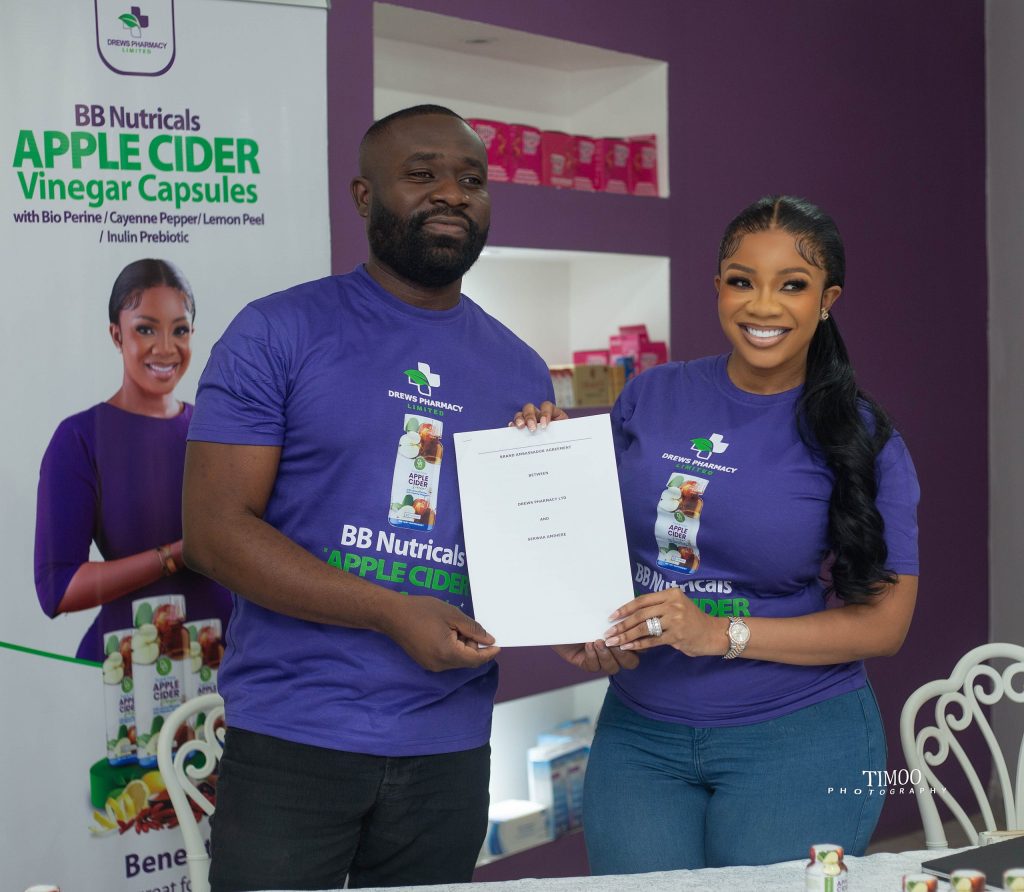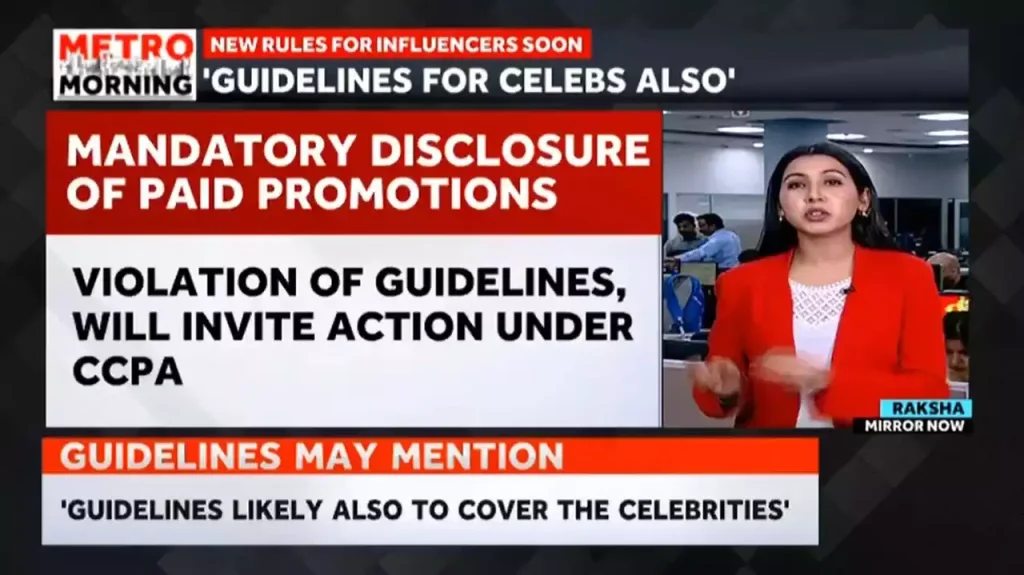In recent years, Ghana has seen a rise in the number of TV media personalities who have become influential on social media platforms such as Instagram, and Twitter/X.
These media personalities, who often have a large following and loyal fans, use their platforms to share their opinions, lifestyles, and endorsements of various products and services.
However, this trend of media personalities becoming influential also raises some ethical questions and challenges. One of them is the potential conflict of interest that may arise when a media personality is paid or sponsored by a company or an organization to promote a certain product, service, or issue.
This may compromise the credibility and objectivity of the media personality, especially if they do not disclose their affiliation or relationship with the sponsor.
Influencer Marketing + Ghana Media Personalities
Influencer marketing is a form of social media marketing that involves endorsements and product placements from influencers, people, and organizations who have a high level of expertise or social influence in their field.

Influencer marketing has become a popular and effective way of reaching and engaging potential customers, especially among the younger generation.
According to the Ghana Journalists Association (GJA) Code of Ethics, media professionals should avoid any situation that may create a conflict of interest or compromise their independence and impartiality. They should also disclose any personal or financial interest that may affect their reporting or commentary.
Brands and companies have been using Ghana media personalities who help promote their brands and services. Some of these personalities cut across media, movies, and news.
(Un)Written Rules For Influencer Marketing With Media Personalities
With influencer marketing, a media personality may receive money, gifts, free trips, or other benefits from a brand in exchange for endorsing or promoting their products or services on their personal or professional platforms.

But these endorsements may compromise the media personality’s credibility, integrity, and independence as a journalist (if they’re in that field). It may also mislead the audience or consumers who may not be aware of the relationship between the media personality and the brand.
At times, media personalities do not disclose their endorsements publicly especially if they are discussing a topic that may involve the company or brand who may be endorsing them.
According to the Ghana Journalists Association (GJA) Code of Ethics, media professionals should avoid any situation that may create a conflict of interest or compromise their independence and impartiality. They should also disclose any personal or financial interest that may affect their reporting or commentary.
However, the GJA Code of Ethics does not explicitly address the issue of influencer marketing and how it affects media professionals. This leaves a gap in the ethical guidance and regulation of this emerging phenomenon. Moreover, the GJA Code of Ethics is not legally binding and relies on the voluntary compliance and self-regulation of media professionals.
Regulation (Or lackthereof) for Influencers and Media Personalities
More and more countries have started putting in regulations and rules when it comes to influencer marketing.
In India, the Central Consumer Protection Authority (CCPA) laid out rules that include publishing clear disclosures about brand associations so that there is transparency, and consumers are protected. Penalties for failure to disclose include fines for influencers.

South Africa has implemented its own rules which include having brands have written contracts in place with any paid influencers.
In Ghana, there is no central Consumer Protection Agency that has rules in place for disclosure when it comes to media personalities and celebrities. If a media personality fails to disclosure their endorsement with a brand, especially in conflict of interest cases, there are no repercussions or penalties.
Influencer marketing is a powerful and innovative tool for communication and marketing, but it also poses some ethical risks and challenges for media professionals. By being aware, educated, and ethical, media professionals can avoid creating more conflict of interest for themselves and can maintain their credibility and reputation as trusted sources of information.
Catch up on news and other tidbits on our WhatsApp Community Page, Twitter/X, and subscribe to our weekly newsletter to ensure you don’t miss out on any news.










